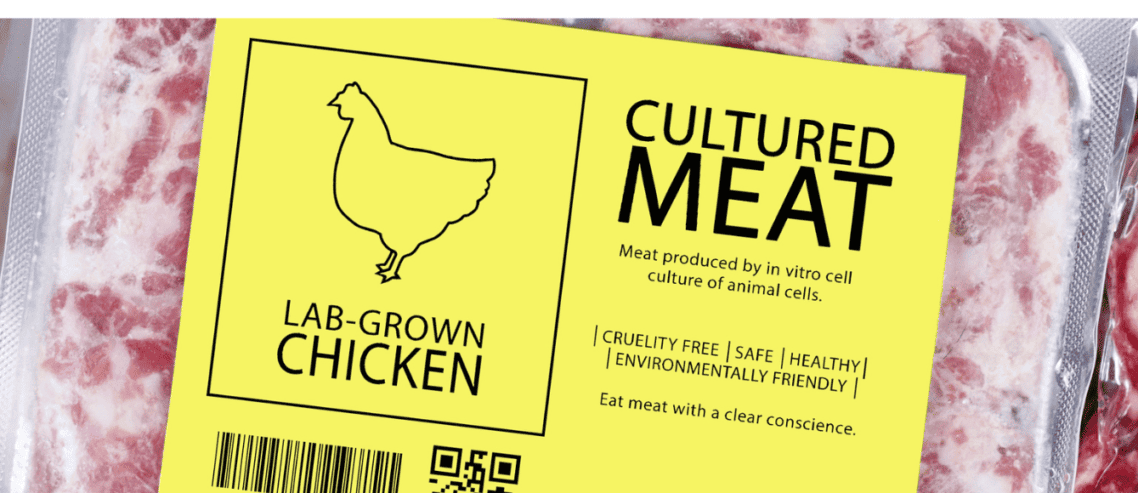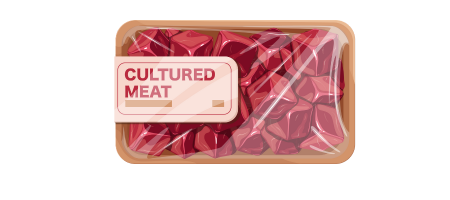The OU Certifies Lab-Grown Chicken
One of the most widely accepted and recognized kosher certification organizations has certified lab-grown chicken as kosher but not pareve.
The kosher landscape of lab-grown and alternative meat products is incredibly dynamic. What was a nascent segment only several years ago is now a growing section of your neighborhood supermarket. On offer for a few years now are imitation but almost identically tasting “alternative meat” products such as Beyond Meat and the Impossible Burger. Now, we are exiting the world of imitation and entering the era of actual meat that is “lab-grown.”
Historically, it was unclear how kosher certification agencies would treat lab-grown meats. For example, even if they are deemed kosher, are they pareve? Layered onto this morass were further questions about whether non-kosher meats like pork would be kosher if grown in a lab.
As we move from the theoretical into the actual, some of these more thorny questions are being answered. In a milestone for kosher, the Orthodox Union (OU), the largest kosher certification agency, announced last week that chicken cultivated in a lab by Israeli-based SuperMeat met its standards to be certified as kosher but not pareve. The rationale for granting kosher certification centered around the technical aspects of the cultivation, including that “the chicken cells were not fed any animal ingredients and were extracted from a fertilized egg before any blood spots appeared.” This distinction is critical since the process of cultivating meat from stem cells requires the use of living animals — and kosher law bars the consumption of any part of a living animal. That said, the fact that the cultivated chicken is kosher but not pareve underscores the nuance in the analysis that certifiers such as the OU are undertaking.
“This collaboration aims to bridge the gap between scientific understanding and halachic adjudication, setting unprecedented standards in the cultivated meat industry.”
– Rabbi Menachem Genack, the CEO of OU Kosher said in a statement in re: SuperMeat.
Notably, while the OU deemed the chicken kosher, but not pareve because it is derived from an animal and looks exactly like meat (leading to potential concerns of marat ayin), other Orthodox leaders, such as Israeli Ashkenazi Chief Rabbi David Lau, ruled that some lab-grown meat could be considered pareve.
On the potential of cultivated pork being certified kosher, Rabbi Genack of the OU stated, “Lab-grown pork will remain off-limits because it is derived from a pig, which is not kosher.” Further, the OU declined to give certification to Impossible Pork, even though it is plant-based, because of “sensitivities to the consumer.” There is a palatable aversion on the part of the OU and many other kosher certifiers to even the mention of pork to the extent that, when Herr’s put out a pork-flavored potato chip variety that was certified by the OU, the OU requested the certification be removed even though the item was kosher, due to the optics.
Israel is one of the most advanced countries when it comes to veganism and “meat alternatives” generally, particularly in the “lab-grown” meat sector, with first movers such as Aleph Farms. For context, more than 12 million people in the United States eat kosher products, according to the OU, and the certification of “lab-grown” meat has significant market power.


